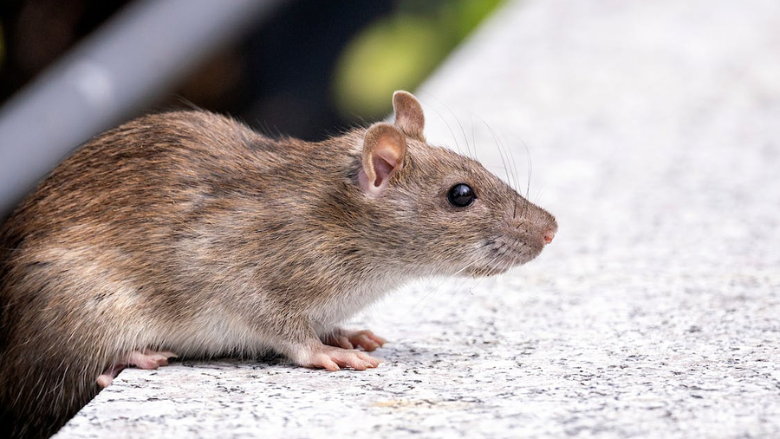In today's competitive business landscape, maintaining a clean and safe environment is paramount. For many businesses, especially those in industries like food production, warehousing, and hospitality, effective rodent control is not just a preference but a necessity. Implementing rodent control best practices for businesses can prevent health hazards, protect your reputation, and save you money in the long run. In this article, we'll delve into effective strategies to keep your business rodent-free.

Understanding the Risks of Rodent Infestation
Before diving into the practices, it's crucial to understand the risks associated with rodents in a business environment. Rodents, such as rats and mice, are carriers of various diseases and can cause significant damage to property. They contaminate food supplies, gnaw on electrical wires, and can lead to costly repairs and lost revenue.
For example, rodents in food industry facilities can lead to contaminated products, resulting in health code violations and damaged customer trust. Therefore, understanding the severity of a potential infestation is the first step in prevention.
Implementing a Proactive Pest Management Plan
One of the most effective rodent control best practices for businesses is to implement a comprehensive pest management plan. This plan should be proactive rather than reactive. Here are some key components:
Regular Inspections
Conduct regular inspections of your premises to identify any signs of rodent activity. Look for droppings, gnaw marks, and grease trails. Early detection can prevent a minor issue from becoming a major infestation.
Consider using smart technology for pest detection, which can alert you to potential problems before they escalate.
Sealing Entry Points
Rodents can enter through surprisingly small openings. Ensure that all potential entry points, such as cracks in walls, gaps around doors, and openings around utility lines, are properly sealed. This simple step can significantly reduce the risk of an infestation.
Proper Waste Management
Rodents are attracted to food sources. Proper waste management is crucial in keeping them at bay. Ensure that trash is stored in sealed containers and disposed of regularly. Keep food storage areas clean and organized to prevent attracting rodents.
Utilizing Technology in Rodent Control
Advancements in technology have revolutionized rodent control strategies. Businesses can now leverage automated systems that provide continuous monitoring and alerting for rodent activity. These systems are particularly useful in large facilities where manual inspection can be time-consuming.
For instance, smart pest management systems can monitor and report on rodent activity in real-time, allowing for swift action.
Training and Education
Employees play a critical role in maintaining a rodent-free environment. Providing training and education on the importance of rodent control can empower your staff to identify and report any signs of infestation immediately.
Regular workshops and updates on the latest rodent control best practices for businesses help ensure everyone is informed and vigilant.
Partnering with Pest Control Professionals
While some businesses may manage minor rodent issues in-house, partnering with professional pest control services can offer expertise and resources that are not readily available internally. Professional services can provide regular maintenance, advanced treatments, and expert advice tailored to your specific needs.
For comprehensive pest control, consider companies that specialize in business environments such as warehouses or manufacturing facilities. You can find more information about rodent control in warehouses at Western Pest Services.
Conclusion
Maintaining a rodent-free business environment is essential for the safety and success of your company. By understanding the risks, implementing proactive measures, leveraging technology, and partnering with professionals, you can effectively control rodents and protect your business. Remember, the key to successful rodent control best practices for businesses is a combination of vigilance, technology, and expertise.

FAQs
What are the signs of a rodent infestation?
Common signs include droppings, gnaw marks, and grease trails. You may also hear scratching noises or notice a foul smell.
How can technology assist in rodent control?
Technology, such as smart sensors and automated alert systems, can provide real-time monitoring and early detection of rodent activity.
Why is employee training important in rodent control?
Training empowers employees to identify and report signs of infestation, ensuring prompt action and prevention of major issues.
This article contains affiliate links. We may earn a commission at no extra cost to you.
